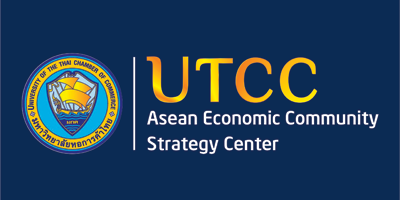Philippines: IMF sees tax overhaul boosting Philippine revenues
WASHINGTON – The International Monetary Fund (IMF) said the proposed tax overhaul pending in Congress could boost the revenue and tax effort of the Philippines, raising additional funds to bankroll the plan of the national government to ramp up infrastructure spending.
Vitor Gaspar, director at IMF’s Fiscal Affairs Department, told The STAR
the Comprehensive Tax Reform Program (CTRP) submitted by the Department of Finance (DOF) to legislators could yield additional revenues equivalent to 2.5 percent of gross domestic product (GDP) over the medium term.
“This reform could yield additional revenues of 1.5 percent of GDP over the medium term, while structural improvements in revenue administration could raise another one percent of GDP. Altogether, these additional revenue gains would provide for a sustainable increase in much-needed infrastructure spending and help expand the country’s growth frontier,” he said.
Gaspar pointed out fiscal policy in the Philippines is appropriately focused on achieving broad-based, inclusive growth by increasing social and infrastructure expenditure, financed with additional borrowing and higher tax revenue collection.
Gaspar said he is confident the government’s tax reform proposal covering personal income tax, value added tax (VAT) and excises would be approved by Congress later this year.
Data from the Finance department showed the tax effort of the Philippines imrpoved to 13.7 percent of GDP last year from 13.6 percent in 2015 while revenue effort slipped to 15.2 percent from 15.8 percent. Tax effort is the ratio between the government’s tax collection and the whole economy as measured by GDP while revenue effort covers non-tax income.
Bangko Sentral ng Pilipinas Governor Amando Tetangco Jr. said the national government has committed to raise infrastructure spending to 7.4 percent of GDP by 2022 from 5.4 percent this year.
Tetangco said the Duterte administration has earmarked between P8 billion and P9 trillion for infrastructure spending over the next five years.
As part of the reform agenda, he explained the national government has continued its infrastructure build up.
“The Philippines has made significant progress in strengthening its institutions and bolstering its competitiveness over the past years. And our efforts have not gone unnoticed. These reforms have begun to bear fruits by encouraging business initiative for investments,” Tetangco said.
Finance Secretary Carlos Dominguez said the proposed CTRP is the “key link” to the “grand effort” to break out from the cycle of low growth and deliver a dynamic and truly inclusive economy to Filipinos.
“The CTRP is an indispensable component of the Duterte administration’s economic strategy. It is an audacious strategy that seeks to lift our country to upper middle-income status by 2022 and high-income status by 2040,” Dominguez said during the opening of the first ‘Dutertenomics’ forum.
Realigning income tax rates, however, he explained would bring down revenue even as we improve tax administration and broaden the tax base.
“This means we have to introduce new revenue measures that will not only compensate for lower tax rates but also fund the massive infra program that commences now,” he said.
The tax reform package is designed to raise an additional P718 billion for education; P139 billion for health; P267 billion for social protection, welfare, and employment; and P1.73 trillion for urban and rural infrastructure.
Source: http://www.philstar.com/business/2017/04/21/1692196/imf-sees-tax-overhaul-boosting-philippine-revenues


 Thailand
Thailand




